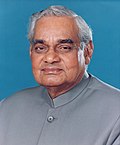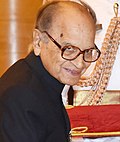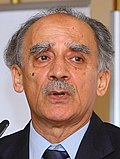Organization
The Ministry has two departments:
- Department of Statistics
- Department of Programme Implementation.
The Department of Statistics consists of the:
- National Statistical Office
- Computer Center
The Department of Programme Implementation has three divisions, namely:
- Twenty Point Programme
- Infrastructure Monitoring and Project Monitoring
- Member of Parliament Local Area Development Scheme.
Besides these wings, there is the National Statistical Commission, an autonomous body which formed on 12 July 2006 under the recommendation of Rangarajan commission. It was created through a resolution of Government of India.
One autonomous Institute, viz., the Indian Statistical Institute declared as an Institute of National Importance by an act of Parliament.
The Ministry of Statistics and Programme Implementation attaches considerable importance to coverage and quality aspects of statistics released in the country. The statistics released are based on administrative sources, surveys and censuses conducted by the center and State Governments and non-official sources and studies.
The surveys conducted by the Ministry are based on scientific sampling methods. Field data are collected through dedicated field staff. In line with the emphasis on the quality of statistics released by the Ministry, the methodological issues concerning the compilation of national accounts are overseen Committees like Advisory Committee on National Accounts, Standing Committee on Industrial Statistics, Technical Advisory Committee on Price Indices. The Ministry compiles data sets based on current data, after applying standard statistical techniques and extensive scrutiny and supervision.
This page is based on this
Wikipedia article Text is available under the
CC BY-SA 4.0 license; additional terms may apply.
Images, videos and audio are available under their respective licenses.














